-
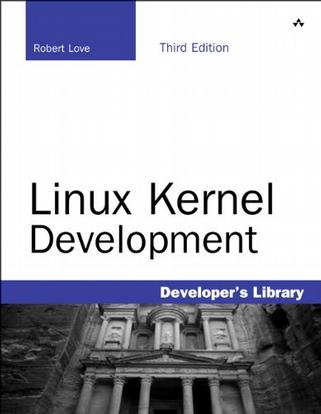
Linux Kernel Development
The third edition of the authoritative, practical introduction to the Linux kernel for programmers who want to better understand the Linux kernel and write and develop kernel code. Authored by a well-known member of the Linux kernel development team, with a reputation for a highly readable and focused writing style, this edition has been thoroughly updated and includes improved coverage of all the major subsystems and features of the latest version of the Linux 2.6.xx kernel. Linux Kernel Development details the design and implementation of the Linux kernel, presenting the content in a manner that is beneficial to those writing and developing kernel code. While the book discusses topics that are theoretical, it does so with the goal of assisting programmers so they better understand the topics and become more efficient and productive in their coding. The book discusses the major subsystems and features of the Linux kernel, including design and implementation, their purpose and goals, and their interfaces. Important computer science and operating system design details are also addressed. The book covers the Linux kernel from both angles -- theoretical and applied -- which should appeal to both types of readers. The author, a core kernel developer, shares valuable knowledge and experience on the very latest Linux kernel. Specific topics covered will include: all the important algorithms, relevant subsystems, process management, scheduling, time management and timers, system call interface, memory addressing, memory management, paging strategies, caching layers, VFS, kernel synchronization, and signals. An authoritative, practical guide that helps programmers better understand the Linux kernel, and to write and develop kernel code. * Authored by core Linux kernel developers. * In-depth coverage of all the major subsystems and features of the new Linux 2.6 kernel. * Targeted audience includes programmers interested in gaining relevant and timely information so they may further their kernel development skills. --This text refers to an out of print or unavailable edition of this title. -
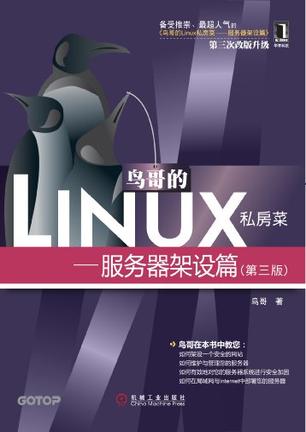
鸟哥的Linux私房菜
《鸟哥的Linux私房菜:服务器架设篇(第3版)》内容简介:您已有Linux基础,想要进一步学习服务器架设?还想了解如何维护与管理您的服务器?本书是您最佳的选择。 目前有关Linux架站的书籍大多只教导读者如何架设服务器,很少针对服务器的维护与管理,以及发生问题时的应对策略加以说明,以至于一旦服务器遭受攻击,眼见的就是一场手忙脚乱。因此,作者先从系统基础以及网络基础讲起,再谈到网络攻击与防火墙防护主机后,才进入服务器的架设。 《鸟哥的Linux私房菜:服务器架设篇(第3版)》共分为四篇:第一篇,服务器搭建前的进修专区,主要介绍架设服务器之前必须具备的基本知识,看完这一篇,不论您的Linux是以何种方式进行Internet连接,都将不成问题;第二篇,主机的简易安全防护措施,这一篇鸟哥将告诉您如何保护您的主机,以及如何养成良好的操作习惯,使您的主机能够百毒不侵,安然渡过一次次的考验;第三篇,局域网内常见服务器的搭建,介绍内部网络经常使用的远程连接服务(SSH、VNC、XRDP),网络参数设置服务(DHCP、NTP),网络磁盘服务(Samba、NFS、iSCSI),以及代理服务器等服务。其中SSH密钥系统,对于异地备份更是相当有帮助,您绝对不能错过;第四篇,常见因特网服务器的搭建,介绍DNS、WWW、FTP及Mail Server等常见的服务。 -
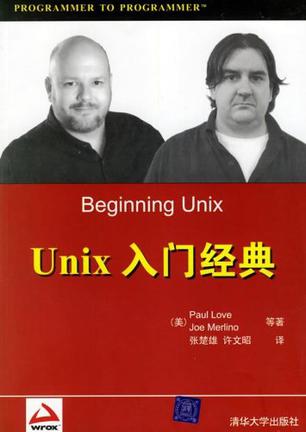
UNIX 入门经典
Unix操作系统是目前一些常用平台(如Mac OS X 和Linux)的基础。本书将讨论Unix的基础知识以及日益流行的Sun Solaris和BSD平台的基础知识。 首先,读者将学习Unix术语、核心概念、方法以及怎样登陆和退出系统,然后开始定制工作环境并学习命令,最后将学习如何管理进程、处理安全事务、使用Perl脚本自动处理任务,以及如何安装Unix程序和备份数据等内容。 本书涵盖了Unix操作系统的各个方面的内容,其独特之处在于包含了Unix的派生系统和一个独有的转换章节,深入讨论了Unix的基础知识以及日益流行的Sun Solaris和BSD平台的基础知识。 本书适用于任何对Unix操作系统感兴趣的读者。虽然本书是一本入门级图书,但对于那些已经具有一定Unix知识的读者,仍颇具实用价值,另外,如果读者希望将Mac OS或Windows中的相关知识转换到Unix或其派生版本中,本书也可以作为一本优秀的参考手册。 -
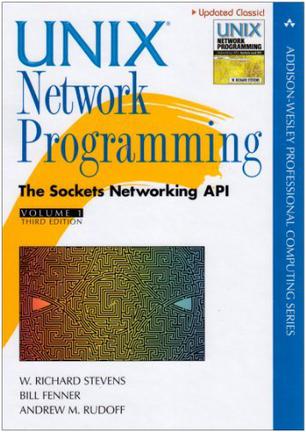
Unix Network Programming, Volume 1
This is THE guide to UNIX network programming APIs. Whether you write Web servers, client/server applications, or any other network software, you need to understand networking APIS-especially sockets in greater detail than ever before. You need UNIX Network Programming, Volume 1, Third Edition. In this book, the Authors offer unprecedented, start-to-finish guidance on making the most of sockets, the de facto standard for UNIX network programming with APIs - as well as extensive coverage of the X/Open Transport Interface (XTI). -
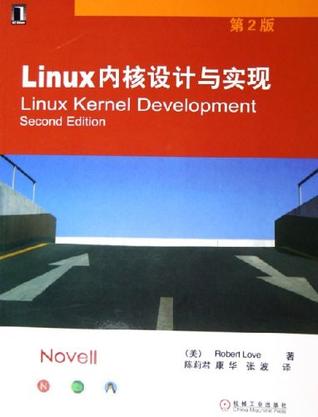
Linux内核设计与实现
《Linux内核设计与实现》基于Linux2.6内核系列详细介绍Linux内核系统,覆盖了从核心内核系统的应用到内核设计与实现等各方面的内容。主要内容包括:进程管理、系统调用、中断和中断处理程序、内核同步、时间管理、内存管理、地址空间、调试技术等。本书理论联系实践,既介绍理论也讨论具体应用,能够带领读者快速走进Linux内核世界,真正开发内核代码。 本书适合作为高等院校操作系统课程的教材或参考书,也可供相关技术人员参考。 -
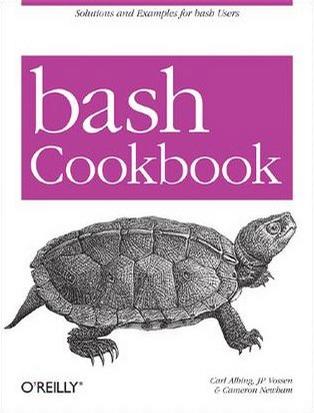
Bash Cookbook
The key to mastering any Unix system, especially Linux and Mac OS X, is a thorough knowledge of shell scripting. Scripting is a way to harness and customize the power of any Unix system, and it's an essential skill for any Unix users, including system administrators and professional OS X developers. But beneath this simple promise lies a treacherous ocean of variations in Unix commands and standards. bash Cookbook teaches shell scripting the way Unix masters practice the craft. It presents a variety of recipes and tricks for all levels of shell programmers so that anyone can become a proficient user of the most common Unix shell -- the bash shell -- and cygwin or other popular Unix emulation packages. Packed full of useful scripts, along with examples that explain how to create better scripts, this new cookbook gives professionals and power users everything they need to automate routine tasks and enable them to truly manage their systems -- rather than have their systems manage them.